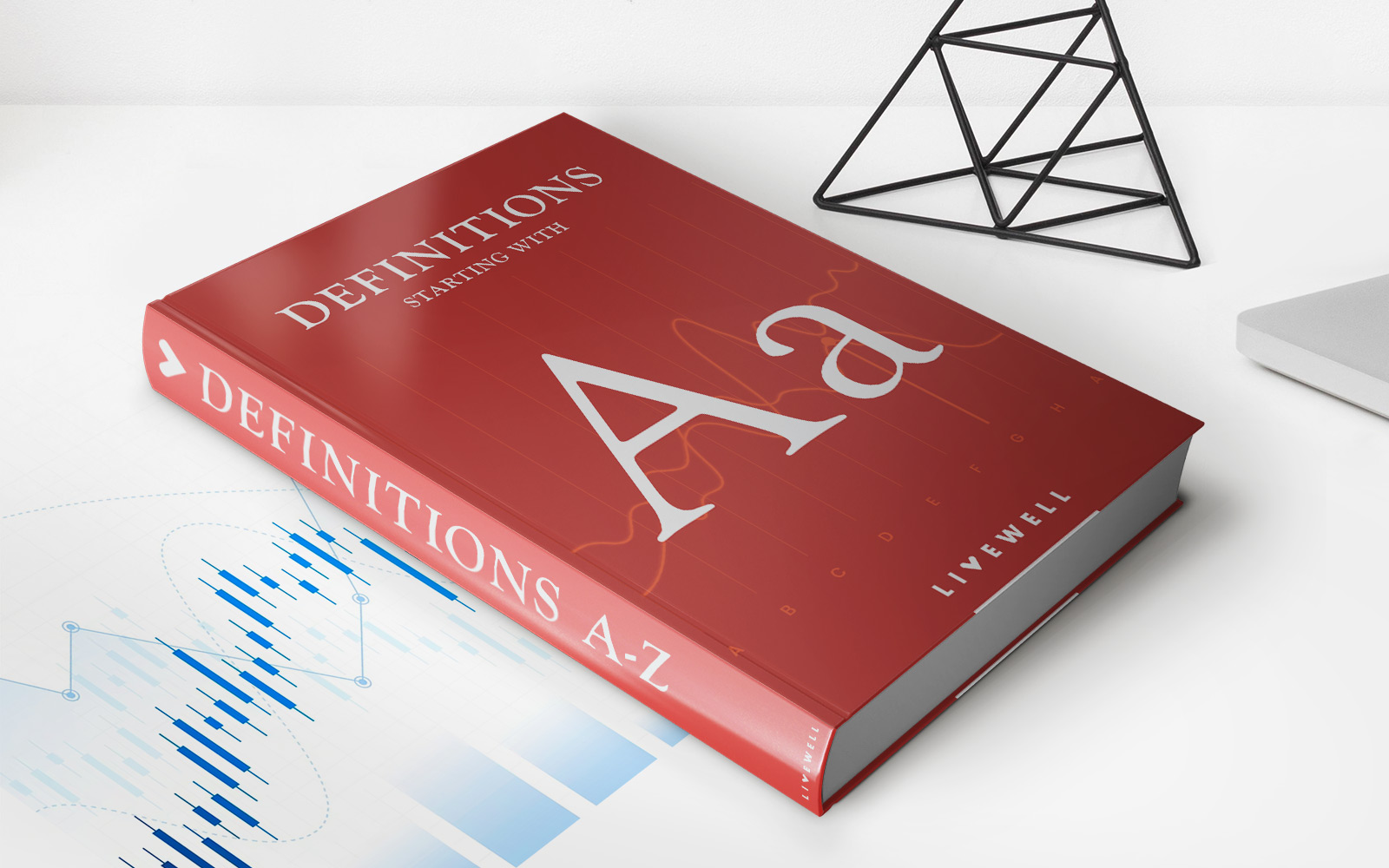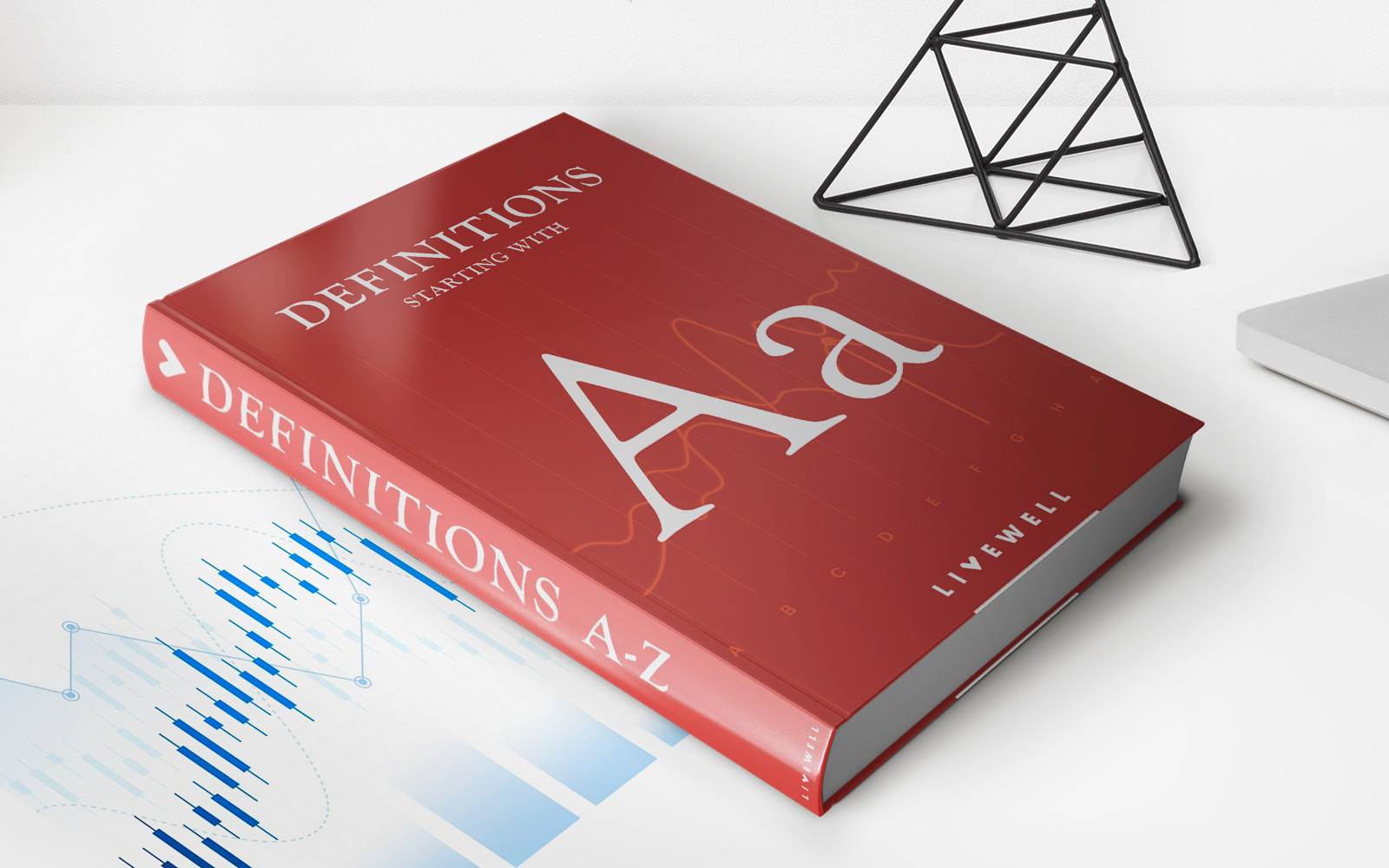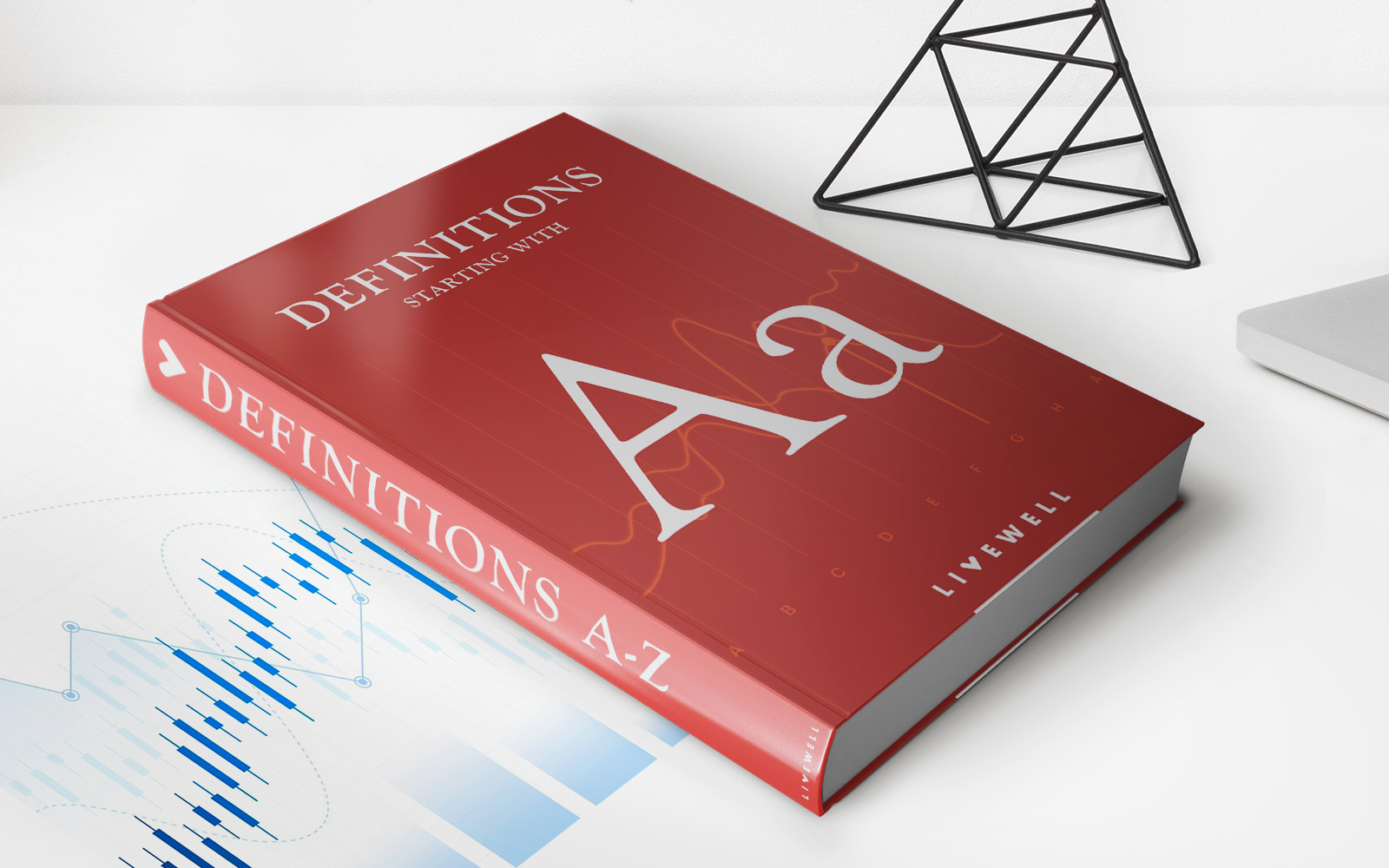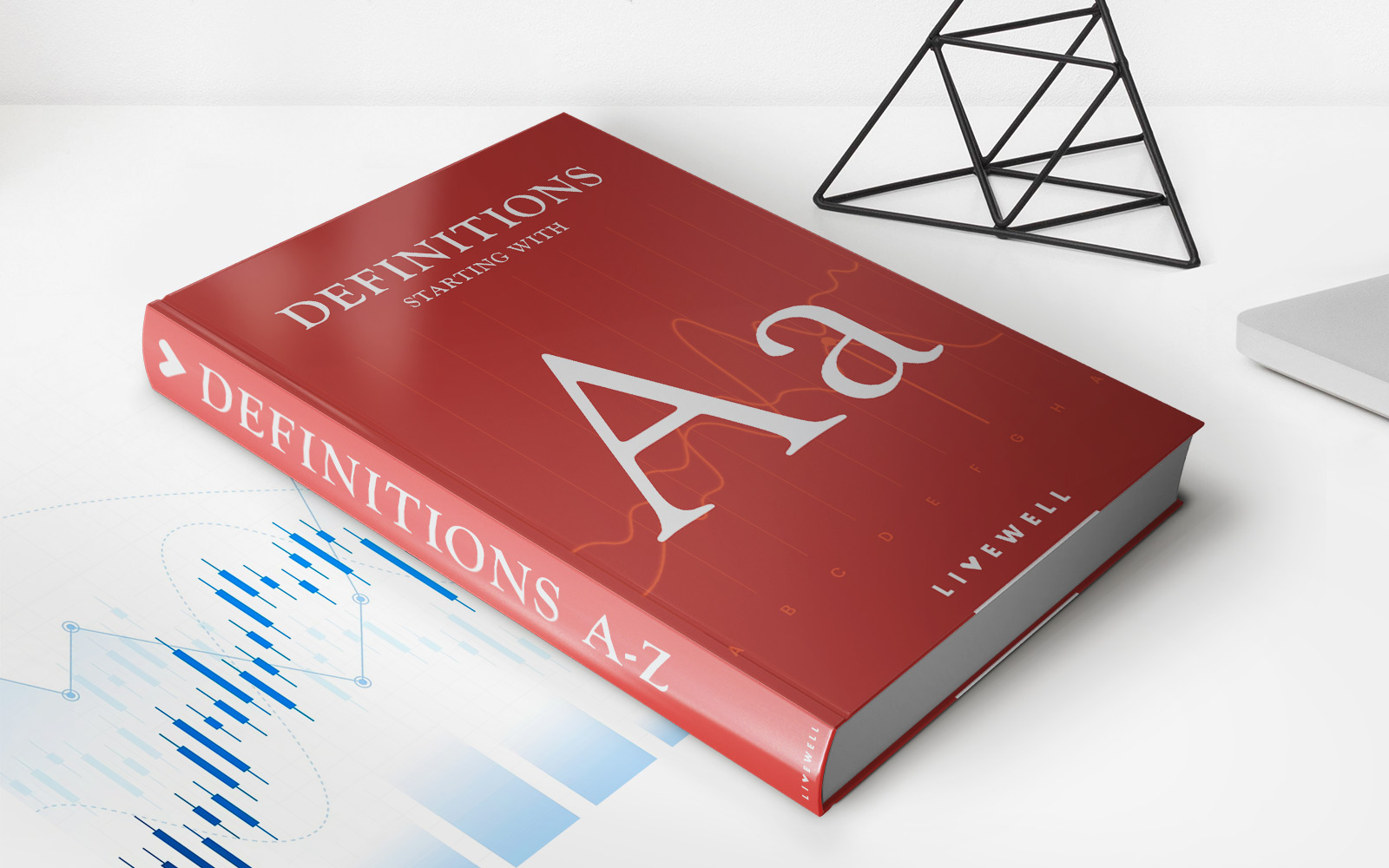

Finance
Associate In Premium Auditing (APA) Definition
Modified: October 10, 2023
Discover the meaning and importance of Associate In Premium Auditing (APA) in the world of finance. Enhance your financial knowledge and skills with this valuable certification.
(Many of the links in this article redirect to a specific reviewed product. Your purchase of these products through affiliate links helps to generate commission for LiveWell, at no extra cost. Learn more)
Welcome to our Finance category, where we share valuable insights and information on various financial topics. Today, we are diving into the world of insurance and premium auditing. In this blog post, we will explore the Associate In Premium Auditing (APA) certification and its significance in the insurance industry.
Key Takeaways:
- The Associate In Premium Auditing (APA) certification is a credential that validates the expertise and knowledge of professionals in premium auditing practices.
- Having an APA certification can open up career opportunities and enhance credibility in the field of premium auditing.
Now without further ado, let’s explore the fascinating world of premium auditing and the significance of the Associate In Premium Auditing (APA) certification.
Understanding Premium Auditing
Premium auditing is a crucial process in the insurance industry that ensures accurate assessment of insurance risks and premium calculations. It involves examining policyholders’ records and financial data to validate the premiums they owe. Premium auditors play a vital role in determining the policyholder’s exposure to risk and ensuring that their premiums align with their business activities.
The process of premium auditing requires a deep understanding of insurance policies, risk assessment, financial analysis, and attention to detail. Premium auditors work closely with policyholders to gather necessary information, review financial records, and assess the accuracy of premium calculations. Through their expertise, premium auditors help insurance companies maintain integrity in their premium collection systems.
The Significance of Associate In Premium Auditing (APA) Certification
The Associate In Premium Auditing (APA) certification is an esteemed credential offered by the Insurance Institutes of America (IIA) that acknowledges professionals’ expertise in premium auditing practices. Earning an APA certification demonstrates a commitment to excellence and professionalism in the field of premium auditing.
Here are a few key reasons why obtaining an APA certification can be highly beneficial:
- Career Advancement: Having an APA certification opens doors to new career opportunities in the insurance industry. Employers often prioritize candidates with professional certifications, recognizing the dedication and specialized knowledge required for premium auditing roles.
- Enhanced Credibility: Being an APA-certified professional adds credibility to your profile. It showcases your expertise, knowledge, and commitment to excellence in premium auditing, earning trust from employers, clients, and colleagues.
To earn the APA certification, one must successfully complete the required coursework and pass the associated exams. The program covers various aspects of premium auditing, including policy interpretation, risk assessment, financial analysis, and legal compliance.
Whether you are currently working in premium auditing or aspiring to enter this field, the Associate In Premium Auditing (APA) certification can be a valuable asset, boosting your career prospects and professional growth.
So, if you are passionate about finance and aspire to make a difference in the insurance industry, consider exploring premium auditing and the opportunities that arise with the APA certification. Stay tuned to our Finance category for more informative content on insurance, investments, and other financial topics!














